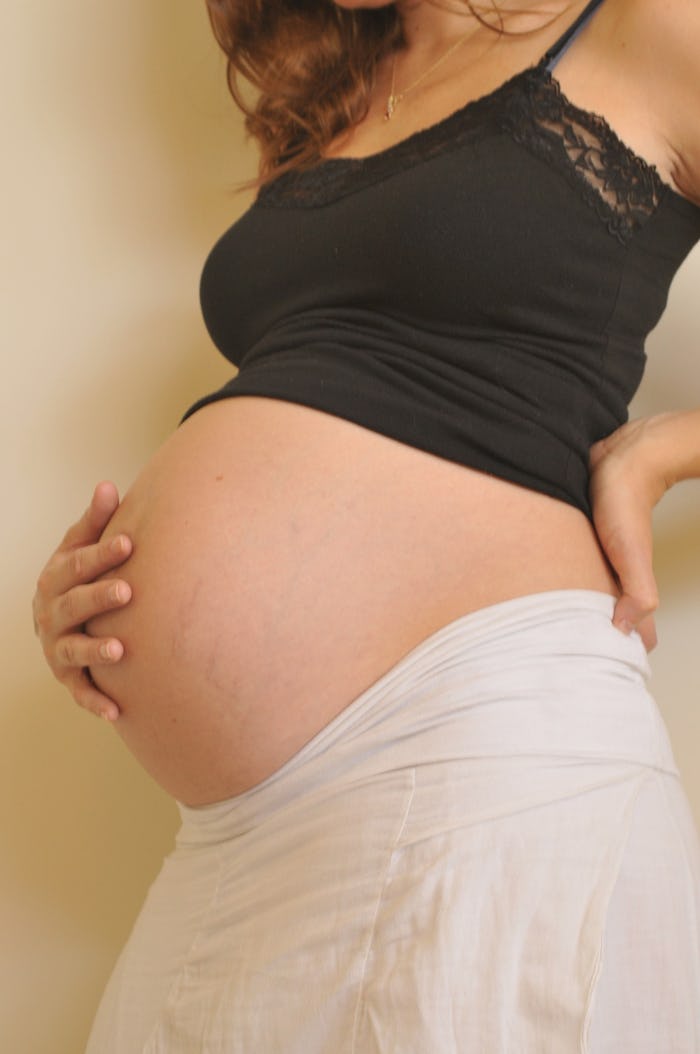If you have struggled with this painful condition you have probably heard all of the myths: it's just cramps; you're too young to get endometriosis; you might never get pregnant; hormone therapy will make it go away; the only cure for endometriosis is having a baby. The fact is that endometriosis has no cure. But why do these misconceptions persist? And, why doesn't having a baby help endometriosis if so many people believe it to be the case?
According to Endometriosis.org, although pregnancy may temporarily suppress the symptoms of endometriosis, it does not eradicate the disease. The symptoms will almost always return after the baby is born.
Pelvic or lower abdominal pain is the most common symptom of endometriosis. Women have also reported pain during intercourse, pain with bowel movements and urination, bloating, constipation, blood in the urine and abnormal vaginal bleeding. The symptoms are often worse right before or during your period. Baby Center reported that it may be the uterine cramps associated with endometriosis that are alleviated during pregnancy and breastfeeding, but once menstruation resumes, the pain is likely to return. The blessing of this short term symptom relief may be one of the reasons why this myth continues.
No one knows the exact cause of endometriosis. According to UCLA Heath, some doctors believe that it can be caused by retrograde menstruation. This is when the blood and tissue from a woman's uterus travels out through the Fallopian tubes and into the abdominal cavity during her period. The American Pregnancy Association suggests a theory that endometriosis could be a genetic abnormality present at birth in which the endometrial cells are created outside of the uterus during development of a female baby in the womb. Once she is grown and begins to experience menstruation, the misplaced cells can become lesions or implant on to other organs and this will cause pain and discomfort.
Treatments such as hormone therapy, surgery to remove scar tissue, or removal of the ovaries (oophorectomy) and the uterus (hysterectomy) can help relieve pain. But University of Michigan Health System warned that the pain relief doesn't always last. Endometriosis pain often returns within a year or two in up to 15 out of 100 women who have this surgery.
If you are experiencing pain which you believe may be associated with endometriosis, it's important that you speak to your health professional for a diagnosis and to discuss treatments. Don't assume that it will all get better if you have a baby, even if your Great Aunt Edna insists that it will.
